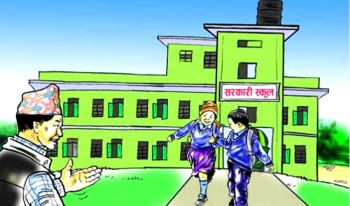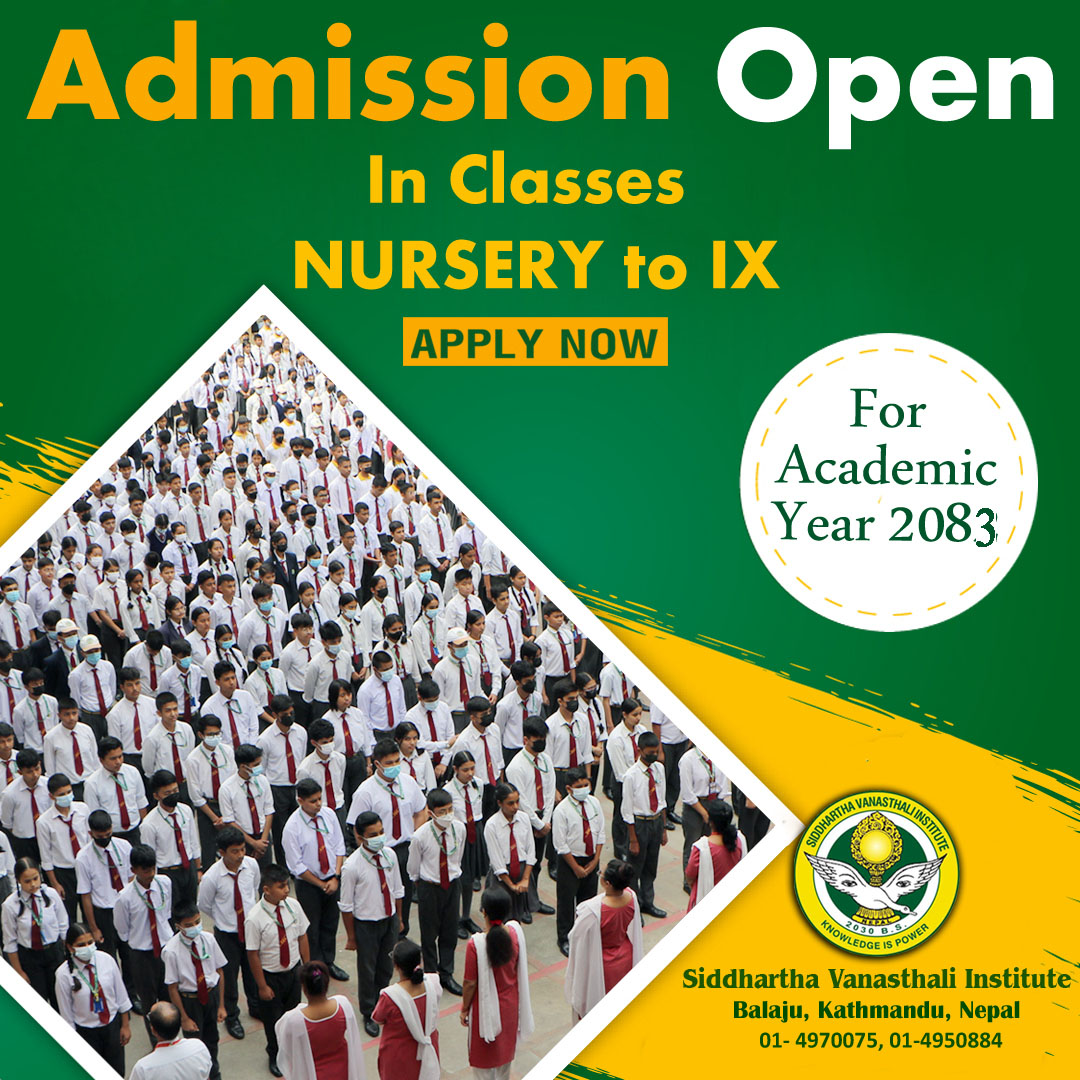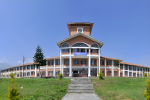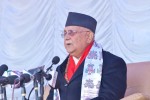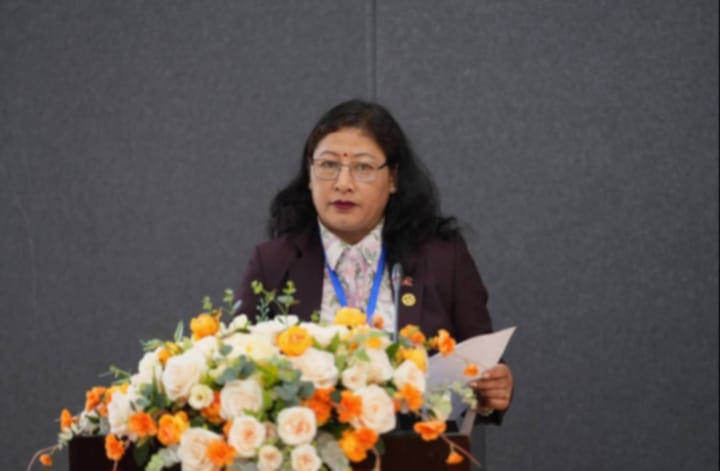
-Anita Singh, Lecturer
I am deeply honored to share my reflections on participating in the prestigious Luban Workshop on Vocational Training and Teaching Pedagogy, held from 11 to 26 June, 2025, in Ningbo, China, representing Siddhartha Vanasthali School, Nepal. This enriching 16-day programme, designed to strengthen the professional capacity of young faculty members from Nepal, Malaysia, Mongolia, and Thailand, provided an exceptional platform for academic advancement, cultural exchange, and international collaboration in vocational education.
The workshop commenced with an inspiring Opening Ceremony, where I had the privilege of delivering the Opening Speech on behalf of the Asian delegation. Representing Nepal and my institution in front of distinguished educators and participants from across Asia was both a proud and humbling moment that set the tone for an unforgettable journey.
The academic sessions throughout the programme were thoughtfully designed, offering a perfect balance between theoretical learning and practical application. A key highlight was the insightful session on Project-Based Learning (PBL) design in Chinese vocational education, lecture by professor Cao bo which underscored the value of engaging students in real-life projects that cultivate critical thinking, collaboration, and problem-solving skills. Another significant session introduced us to the course design techniques for “Chinese Vocational Skills”, demonstrating how language learning, cultural awareness, and vocational education can be effectively combined for a well-rounded learning experience.
A particularly impactful moment came during the session led by Si Yiping, Deputy Director, who introduced the highly effective BOPPPS teaching model—Bridge-in, Objective, Pre-assessment, Participatory Learning, Post-assessment, and Summary. This structured yet adaptable framework offered us practical strategies for designing interactive, student-centered lessons. I was honored to have the opportunity to design and deliver my own lecture using the BOPPPS method, which not only enhanced my teaching confidence but also provided me with invaluable feedback from peers and experts.
We also gained deep insights into the development of vocational education in China and the international cooperation practices of Ningbo Vocational College, broadening our understanding of how education systems can be shaped to meet global challenges. The visit to Haitian College provided a firsthand look at China's successful industry-academia collaboration model, demonstrating how educational institutions work closely with industries to align education with employment needs.
The programme also included enriching field visits to various educational and industrial sites, including a Construction Village, the SGLMT Trading Headquarters, Meikang Biosciences, Boxhi Vocational School, and the Ningbo Science Exploration Centre. Each visit offered practical exposure to vocational skills, technological innovation, and cutting-edge teaching practices, deepening our understanding of China's vocational education landscape.
The cultural immersion during the workshop was equally unforgettable. Participating in a traditional Chinese woodcarving workshop, where I created my own chopsticks and hairpin, allowed me to connect with Chinese heritage in a personal way. Similarly, learning the intricate art of hand-stitching Chinese herbal sachets and receiving one as a gift added warmth to the cultural exchange. Visits to the Intangible Cultural Heritage (ICH) Centre, the peaceful Ashoka Temple, and the world’s oldest private library further enriched our appreciation for China’s deep-rooted traditions, art, and spirituality.
Our everyday life in Ningbo was filled with warmth and hospitality. We experienced the efficiency of the metro trains, enjoyed shopping and local food at RT Mart, and explored Tianyi Square even in the rain—made easier by the thoughtful gesture of our hosts who provided umbrellas. A memorable field trip to Hangzhou added an extra dimension of discovery, while daily culinary experiences introduced us to the rich flavors of Chinese cuisine.
A key factor in making this journey comfortable and enjoyable was the excellent accommodation provided. Staying at a well-appointed hotel with all modern amenities ensured that we could focus on our learning and cultural experiences without any concerns. The care shown by the organizers in ensuring our comfort—from transportation to meals—made us feel valued and welcomed throughout the programme.
One of the most heartwarming aspects of the workshop was the exchange of small gifts among friends from different countries, symbolizing the strong bonds and friendships that blossomed during our time together. The programme concluded with an emotional Closing Ceremony and Farewell Dinner, made even more historic by the announcement that Ningbo Polytechnic had officially been upgraded to Ningbo University on the very same day—a milestone we were privileged to witness. Each participant received a Certificate of Completion, a beautiful souvenir, and a pen drive containing precious photographs and programme materials, preserving the memories of this unforgettable journey.
I would like to express my deepest gratitude to Ms. Fiona, our exceptional Programme Coordinator, whose dedication, kindness, and meticulous organization ensured the smooth running of every aspect of the workshop. My heartfelt thanks also go to the ever-cheerful volunteers Chloe and Lily, whose constant care and positive energy made each day special. A very special appreciation goes to Yilin, our talented interpreter, whose patient and precise translations made every lecture, discussion, and interaction easy to understand and accessible for all participants. I would also like to sincerely thank the photographer, who beautifully captured each precious moment of our journey, allowing us to relive those memories for years to come.
Above all, I extend my heartfelt thanks to Siddhartha Vanasthali School, Nepal, for selecting me for this life-changing opportunity. The Luban Workshop has not only enhanced my professional capacity through exposure to Project-Based Learning and the BOPPPS teaching model, but has also inspired me to promote innovative teaching practices and foster international cooperation in vocational education.
I sincerely hope this programme marks the beginning of future collaboration between Ningbo University and Siddhartha Vanasthali School. I also look forward to the possibility of participating in similar international programmers in the future, continuing to grow, to share, and to build bridges of knowledge, culture, and friendship.
The Luban Workshop was far more than just a training—it was a transformative journey of learning, cultural enrichment, and human connection that I will carry with me always.







